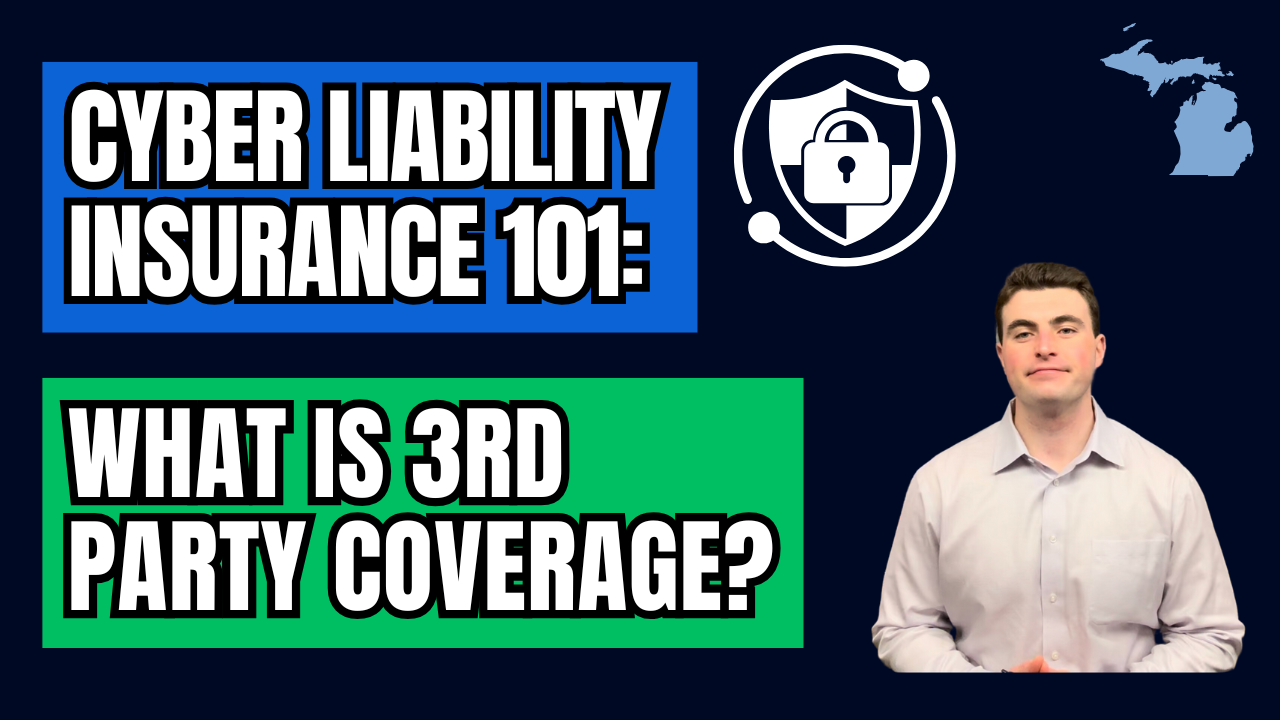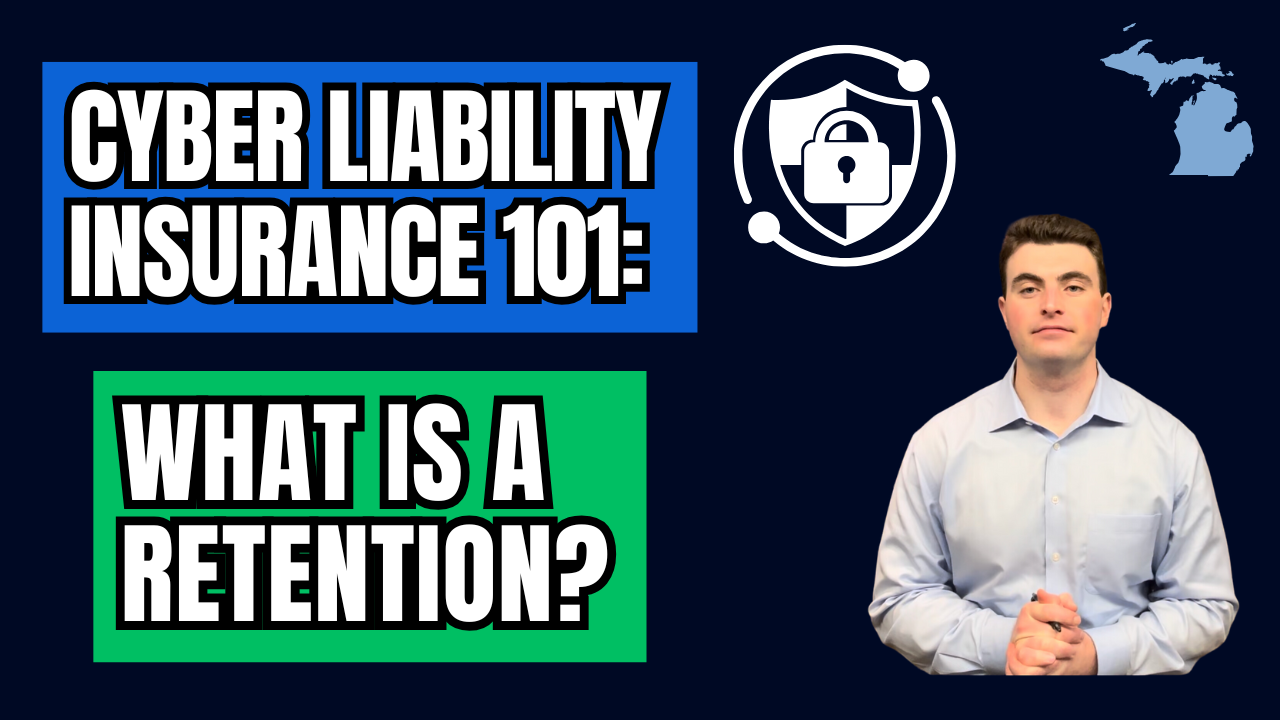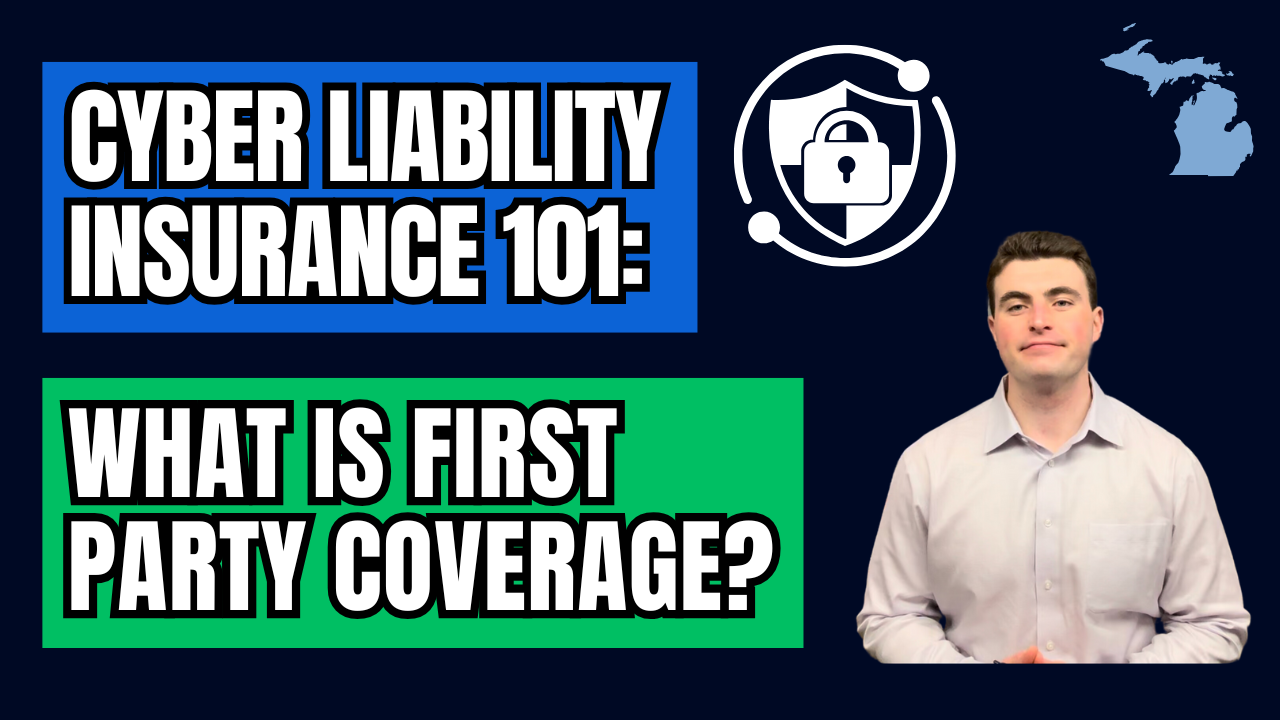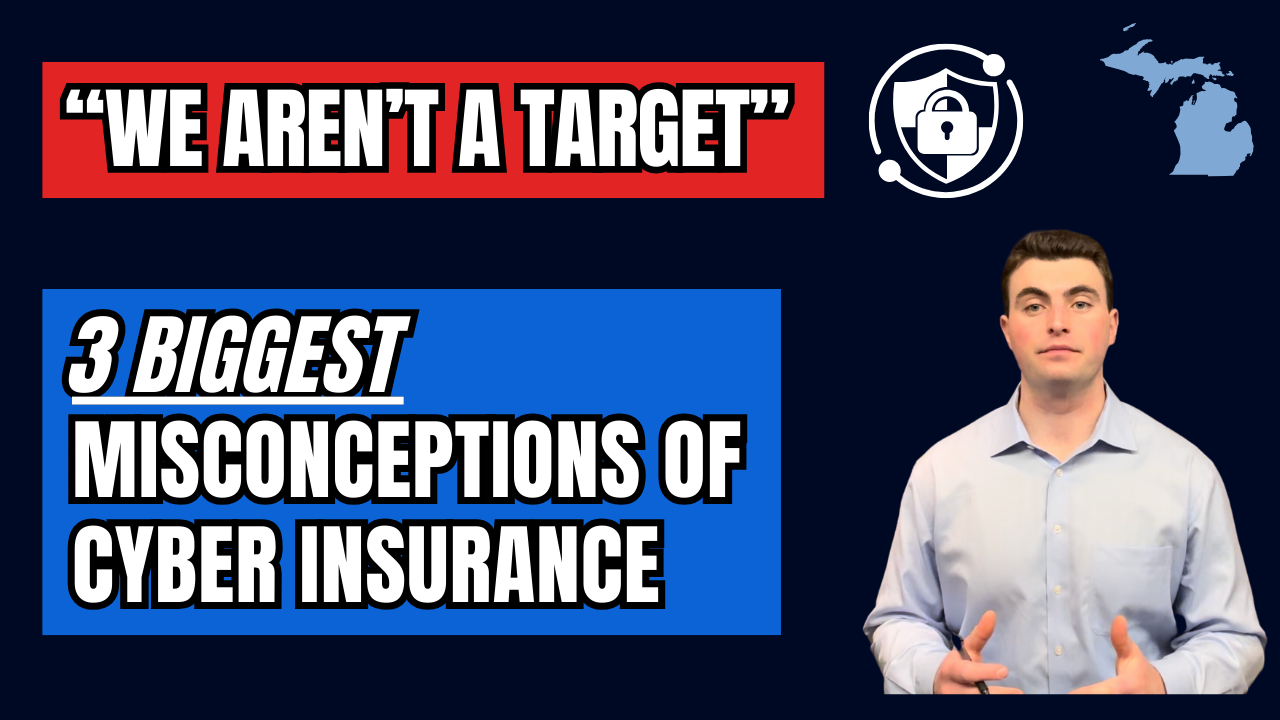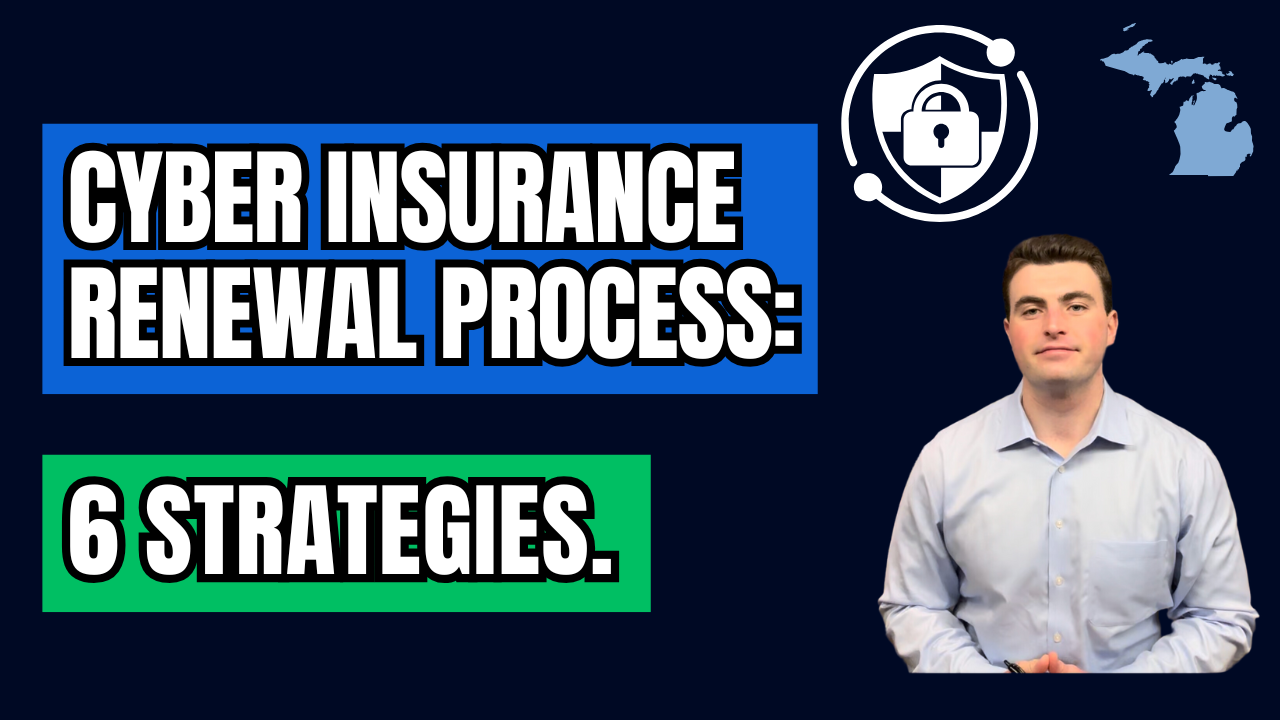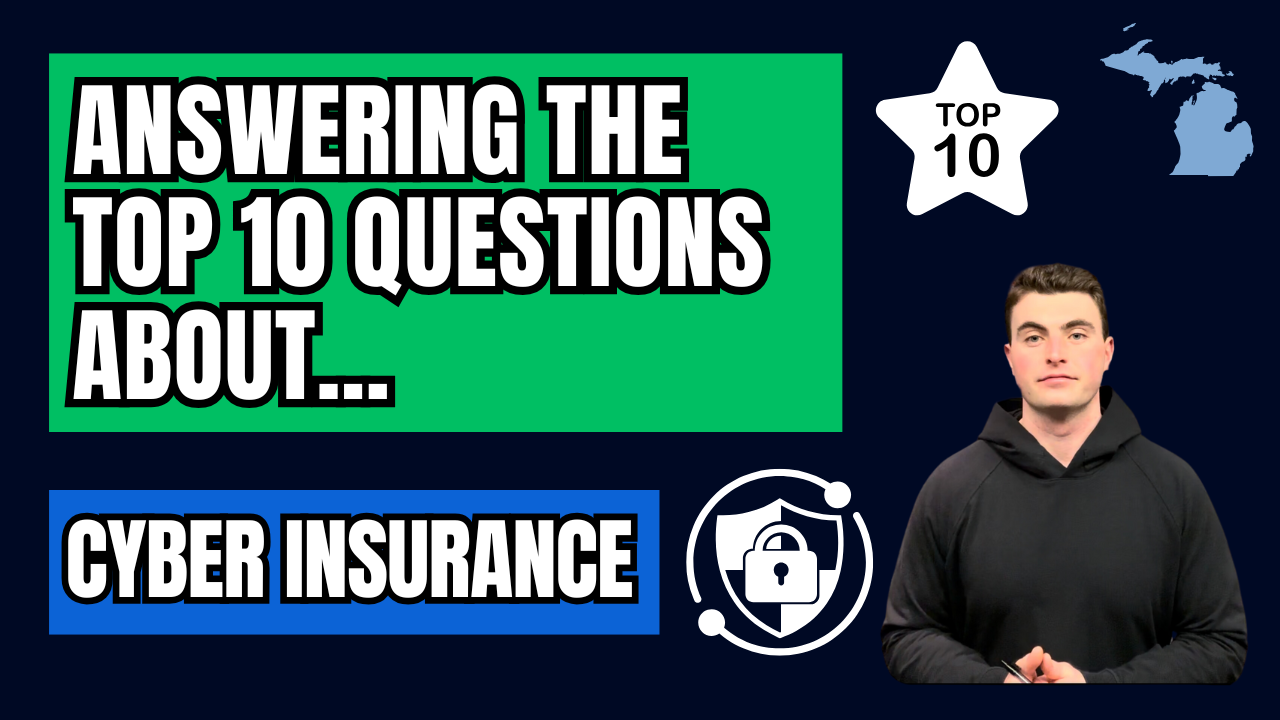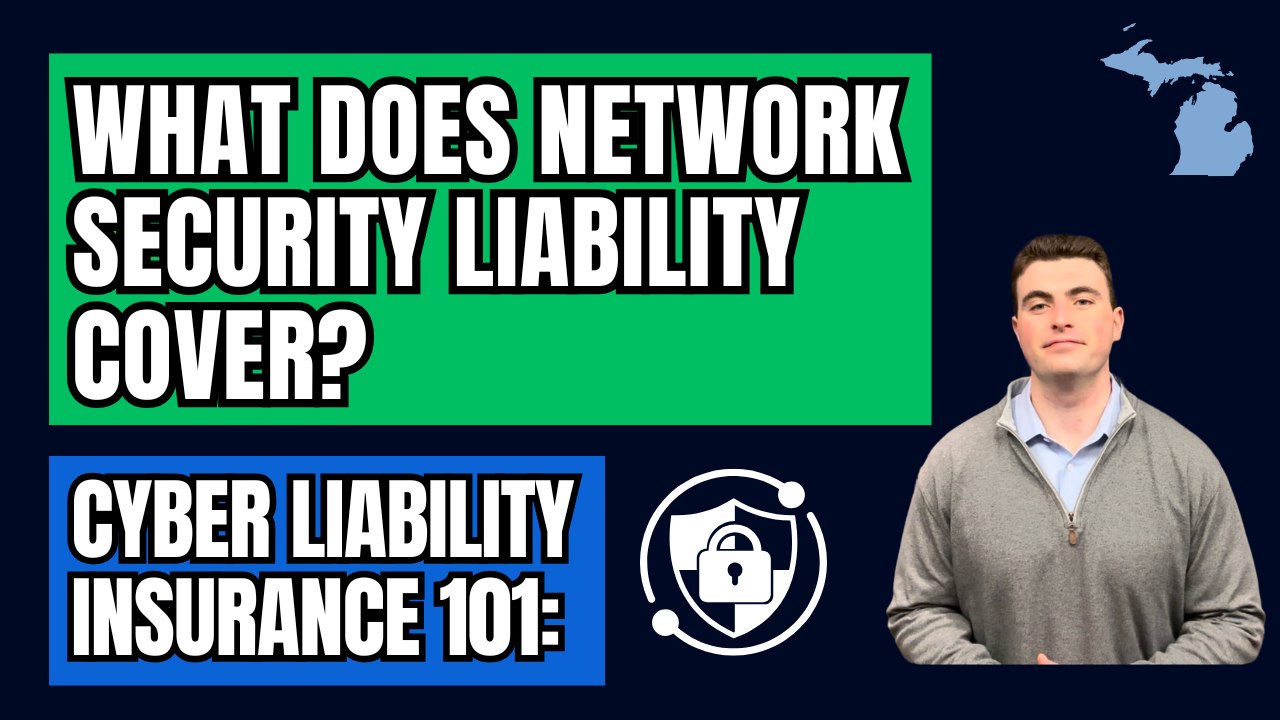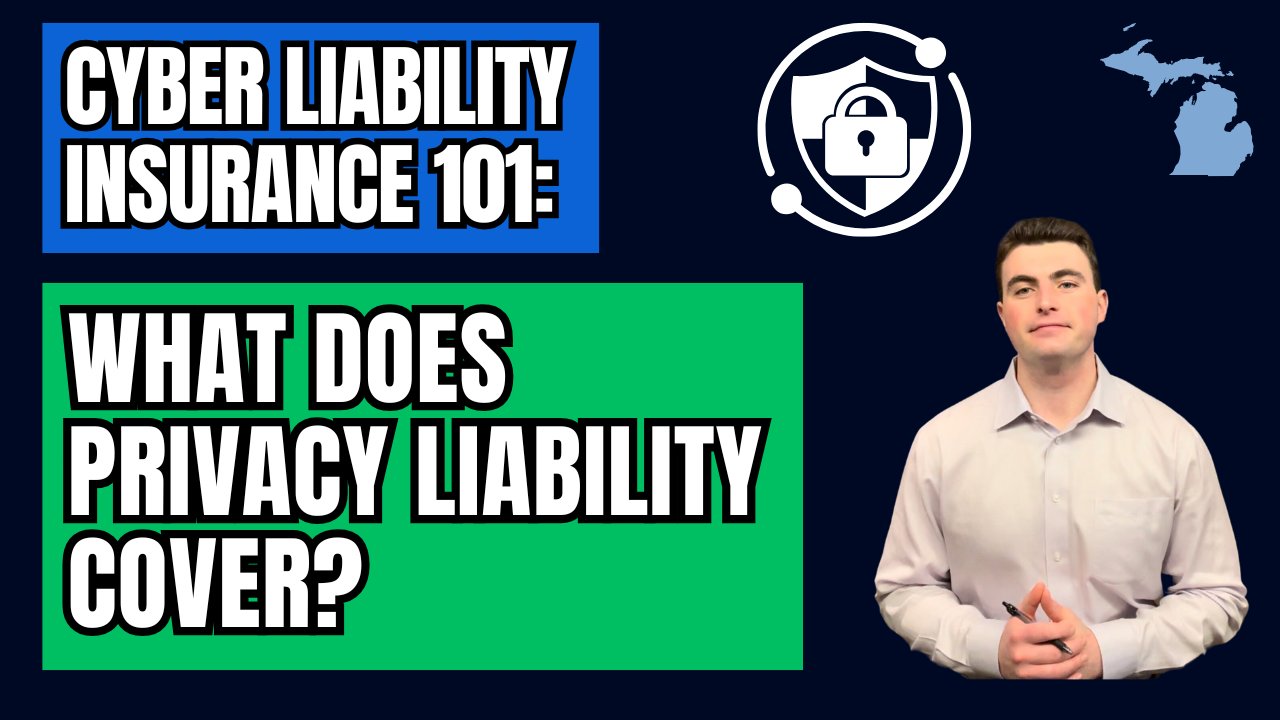When Does A Business Need More Than $1M In Cyber Insurance?
When Does a Business Need More Than $1M in Cyber Insurance?
For many businesses, a $1 million cyber liability insurance policy might seem like enough—especially when first purchasing coverage. But in today’s digital landscape, cyber risks are escalating quickly, and in many cases, that standard $1 million limit might not cut it.
So, when should your business consider increasing its cyber insurance limits? Below are five key factors to help you determine whether more protection is necessary.
1. You Handle Large Volumes of Sensitive Data
If your business manages high volumes of sensitive information—like personal data, healthcare records (PHI), or financial details—you face a significantly higher risk of exposure in the event of a breach. The costs associated with data notification, credit monitoring, legal defense, and potential lawsuits can quickly surpass $1 million. Companies in sectors like healthcare, legal, e-commerce, and SaaS should strongly consider higher limits.
2. You Operate in a High-Risk Industry
Certain industries are more frequently targeted by cybercriminals. These include:
- Technology
- Healthcare
- Banking and Financial Services
- Retail
- Education
If your business falls into one of these categories—or if your company is high-profile in any industry—you may be more vulnerable to ransomware, phishing, or data exfiltration attacks. The potential financial fallout from a cyberattack in these sectors often far exceeds basic policy limits.
3. You Must Comply with Strict Data Regulations
Businesses subject to regulatory compliance frameworks like HIPAA, PCI-DSS, GDPR, or CCPA face additional financial risk. Regulatory penalties, legal costs, forensic investigations, and mandatory breach response protocols can add up fast. If your organization handles protected data and operates under strict compliance rules, carrying only $1 million in cyber liability coverage could leave you underinsured.
4. You Operate Internationally
Doing business globally introduces another layer of cyber risk. A data breach involving citizens in multiple countries can trigger overlapping and costly regulatory investigations and reporting requirements. International laws like GDPR in the EU are especially strict and can carry substantial fines. Having sufficient coverage to handle cross-border cyber incidents is essential if your business serves international clients or holds data across jurisdictions.
5. You Have Contractual Obligations Requiring Higher Limits
Some vendors, clients, or partners may require you to carry a minimum level of cyber insurance in your contracts. These requirements are becoming more common, especially in business-to-business (B2B) environments and industries like healthcare, fintech, and SaaS. If you don’t meet those limits, you could risk losing valuable partnerships—or be disqualified from bids and contracts altogether.
Why the $1M Limit Often Falls Short
Cyberattacks today don’t just impact IT departments—they disrupt entire organizations. From ransomware recovery costs to business interruption, brand reputation damage, forensic investigations, and third-party lawsuits, the price tag of a major incident can reach well beyond $1 million.
Final Thoughts: Should You Increase Your Cyber Liability Coverage?
The decision to increase your cyber liability insurance limits comes down to:
- Your data exposure
- Industry risk
- Regulatory obligations
- Contractual requirements
- Your business’s financial resilience in the face of a serious incident
If you’re unsure how much coverage your business truly needs, we can help.
📞 Need help reviewing your cyber insurance policy? We’re here to make sure your business has the right protection in place. Contact us today.
Contact Us
We will get back to you as soon as possible.
Please try again later.
